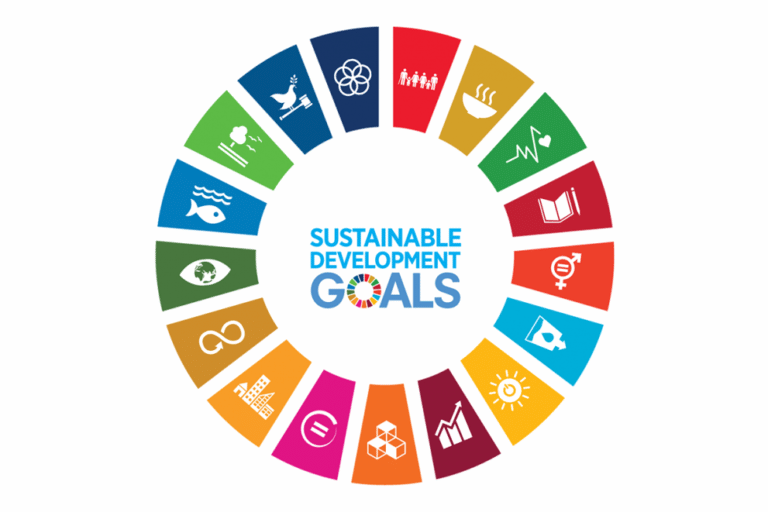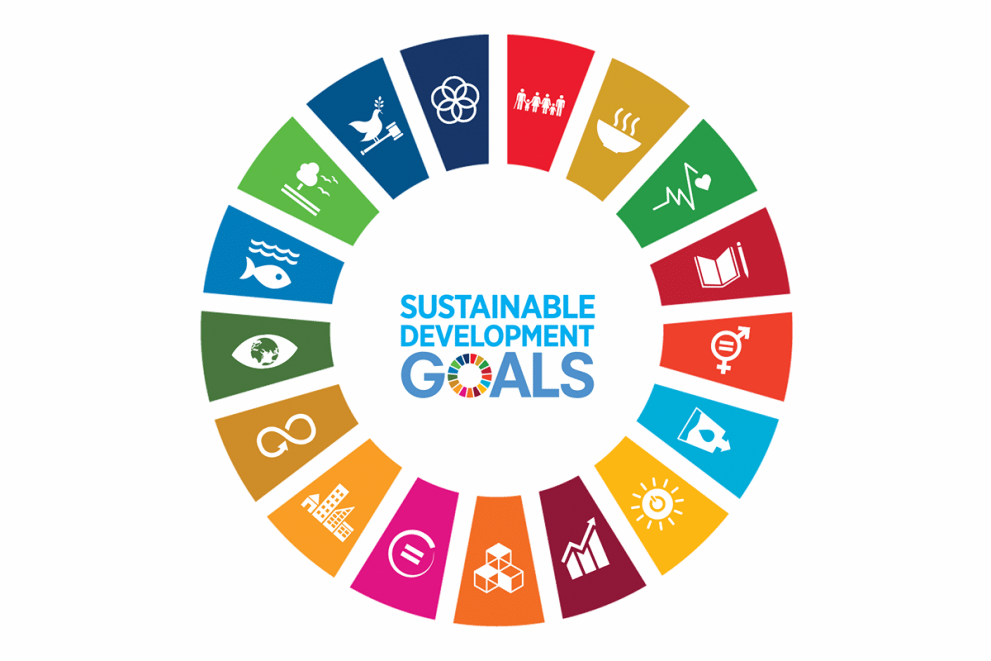
Austria’s road to the completion of SDGs
In 2021, Austria ranked 5th in the Energy Transition Index (ETI), which measures a Country’s progress in three dimensions: economic development, energy security and environmental sustainability. Only Denmark, Sweden, Norway, and Switzerland ranked better. In the Sustainable Development Goals overall ranking, Austria also ranks 5th with a score of 82.32. A score of 100 indicates that every single one of the 17 SDGs (Sustainable Development Goals) has been achieved. Even though Austria is already one of the top-ranking Countries regarding sustainability, it has recently introduced new programmes that will improve its performance in that sense.
On October 1st 2022, Austria’s plan to introduce a tax on carbon dioxide emissions came into place. The plan sets out emissions to be initially taxed at €35 per tonne with a gradual to €55 per tonne by 2025. To curb greenhouse gas emissions the “eco-social” tax is intended to flow back into the population in the form of cash dividends whose value depends on the place of residency. These “climate bonuses” are expected to be around €100 per year for those residing in urban areas and around €200 per year for those living in the countryside. The only emerging concern is that businesses may pass on the tax to consumers by raising prices. To avoid that from happening, a government program with plans to invest over €300 million will help businesses improve energy efficiency and prevent price increases from happening.
Together with the tax implementation, Austria is planning to invest €854 million in the creation of a zero-emission transport system and €543 million to expand the already existing electrified trans-European rail network. Furthermore, Austria’s goal is to become one of Europe’s first nations to have 100% renewable electricity usage by 2030. Currently, more than 80% of electricity comes mostly from renewable sources primarily from its massive hydropower industry with over 3,000 plants in operation. To boost the shift towards 100% renewable electricity, 100,000 solar roofs are being built with financial support from European Investment Bank (EIB) and UniCredit Bank Austria.
Additionally, Austria recently entered the green bond market in order to finance its transition to a more environmentally friendly country. A 27-year, €4 billion bond was issued with the gains being used exclusively to fund environmentally friendly projects. Austria which is rated AA+ also became the first nation to issue (€1 billion) short-term green treasury bills.
In 2023, Austria’s tax deductions related to investments in ecological initiatives come into place. As it stands, next year, companies who invest in sustainable projects will be subject to a tax credit of 10% capped at €1 million. Although the price cap limits the impact of said policy, the cap is expected to be increased once it comes into place. Moreover, self-produced and consumed photovoltaic energy will also be subject to tax cuts.
Austria’s path to 100% sustainability is far from over, but the recently implemented measures certainly improve Austria’s position in the green transition process. The incentives provided by the government make the consideration of ESG principles essential for any individual or company planning to invest in Austria.
Author: Nicole Eberhardt
Austria’s road to the completion of SDGs
In 2021, Austria ranked 5th in the Energy Transition Index (ETI), which measures a Country’s progress in three dimensions: economic development, energy security and environmental sustainability. Only Denmark, Sweden, Norway, and Switzerland ranked better. In the Sustainable Development Goals overall ranking, Austria also ranks 5th with a score of 82.32. A score of 100 indicates that every single one of the 17 SDGs (Sustainable Development Goals) has been achieved. Even though Austria is already one of the top-ranking Countries regarding sustainability, it has recently introduced new programmes that will improve its performance in that sense.
On October 1st 2022, Austria’s plan to introduce a tax on carbon dioxide emissions came into place. The plan sets out emissions to be initially taxed at €35 per tonne with a gradual to €55 per tonne by 2025. To curb greenhouse gas emissions the “eco-social” tax is intended to flow back into the population in the form of cash dividends whose value depends on the place of residency. These “climate bonuses” are expected to be around €100 per year for those residing in urban areas and around €200 per year for those living in the countryside. The only emerging concern is that businesses may pass on the tax to consumers by raising prices. To avoid that from happening, a government program with plans to invest over €300 million will help businesses improve energy efficiency and prevent price increases from happening.
Together with the tax implementation, Austria is planning to invest €854 million in the creation of a zero-emission transport system and €543 million to expand the already existing electrified trans-European rail network. Furthermore, Austria’s goal is to become one of Europe’s first nations to have 100% renewable electricity usage by 2030. Currently, more than 80% of electricity comes mostly from renewable sources primarily from its massive hydropower industry with over 3,000 plants in operation. To boost the shift towards 100% renewable electricity, 100,000 solar roofs are being built with financial support from European Investment Bank (EIB) and UniCredit Bank Austria.
Additionally, Austria recently entered the green bond market in order to finance its transition to a more environmentally friendly country. A 27-year, €4 billion bond was issued with the gains being used exclusively to fund environmentally friendly projects. Austria which is rated AA+ also became the first nation to issue (€1 billion) short-term green treasury bills.
In 2023, Austria’s tax deductions related to investments in ecological initiatives come into place. As it stands, next year, companies who invest in sustainable projects will be subject to a tax credit of 10% capped at €1 million. Although the price cap limits the impact of said policy, the cap is expected to be increased once it comes into place. Moreover, self-produced and consumed photovoltaic energy will also be subject to tax cuts.
Austria’s path to 100% sustainability is far from over, but the recently implemented measures certainly improve Austria’s position in the green transition process. The incentives provided by the government make the consideration of ESG principles essential for any individual or company planning to invest in Austria.
Author: Nicole Eberhardt
RELATED
Regulatory Developments in ESG Reporting and Their Implications for Businesses
The focus on Environmental, Social, and Governance (ESG) factors has surged, leading to significant regulatory changes worldwide. Key developments include the EU’s Corporate Sustainability Reporting Directive (CSRD), the US SEC’s...
Read MoreThe Earthshot Prize 2022
The Earthshot Prize 2022 The Earthshot prize is an award given to five winners that created some projects that could help our planet face some of the most important challenges...
Read More

